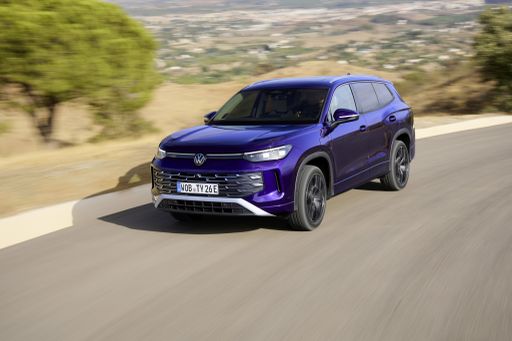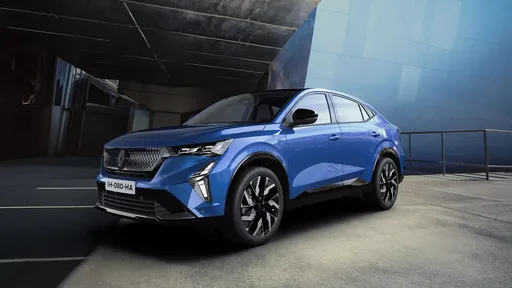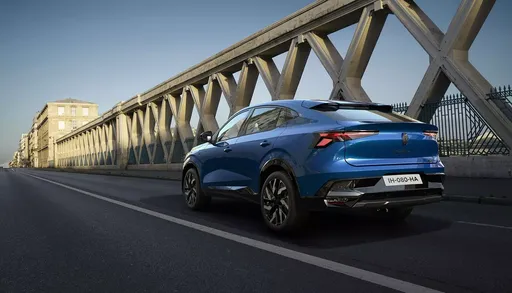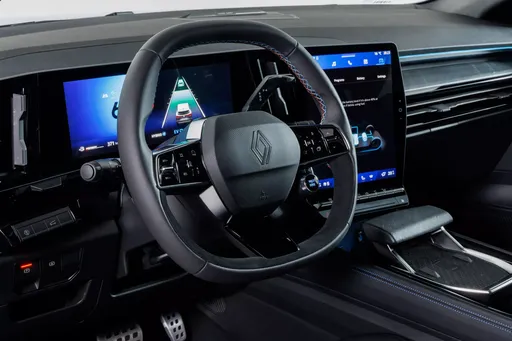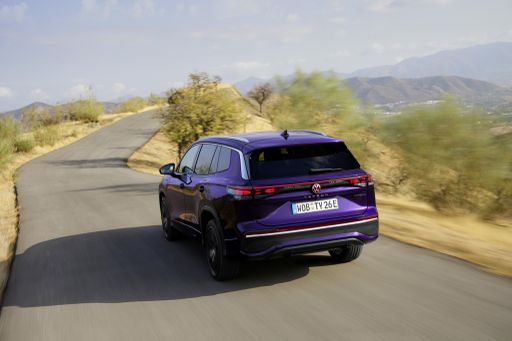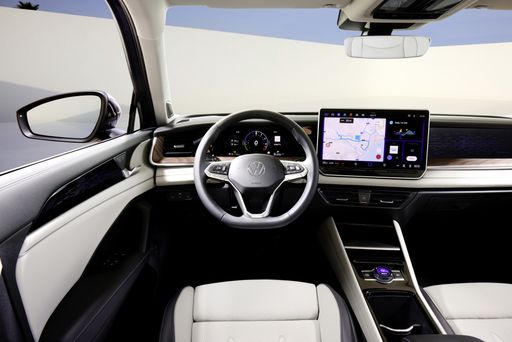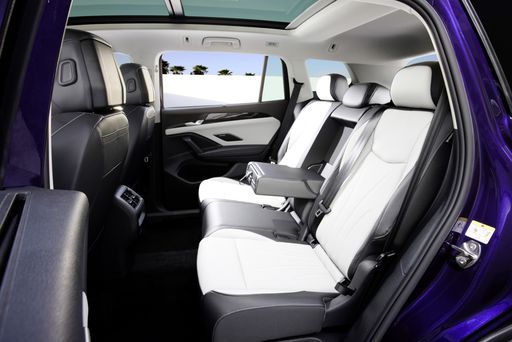Technical Specifications Overview
Both vehicles are packed with features representative of their respective brands’ philosophies. The Renault Rafale, being a 2024 model, offers striking body dimensions of 4710 mm in length, 1886 mm in width, and a height of 1613 mm. Meanwhile, the 2025 VW Tayron presents a slightly larger footprint at 4792 mm long, 1853 mm wide, and 1668 mm tall.
In terms of power, the Rafale comes with two engine options, offering 200 to 300 HP from its full hybrid and plug-in hybrid configurations. In contrast, the Tayron showcases a broader range of engine options including petrol, diesel, and hybrid variants, ranging from 150 HP to an impressive 272 HP. This suggests that if pure power is a priority, the Tayron may have the edge.

